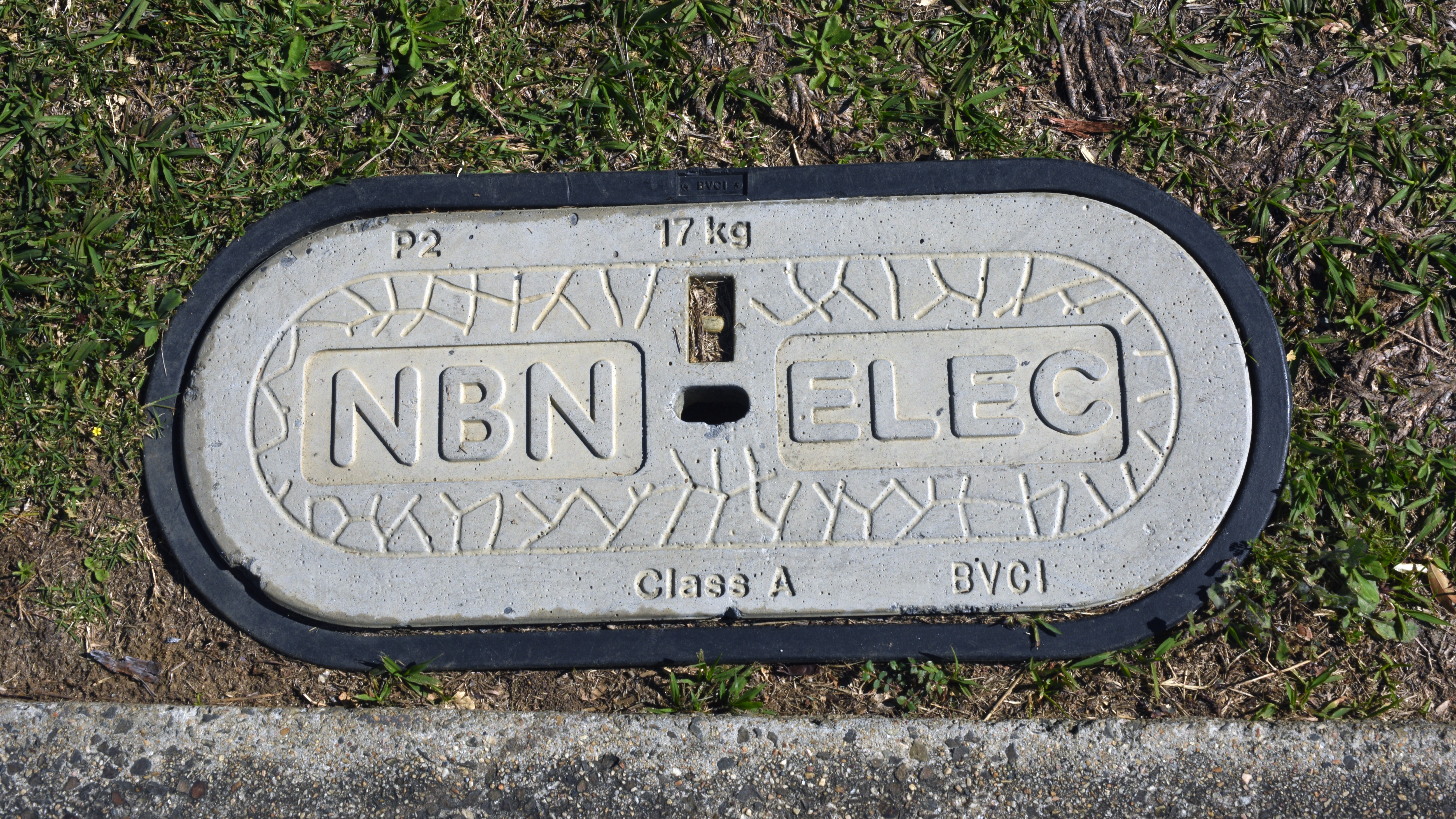If you are one of the 27,195 Australians who complained about the NBN in the previous financial year, you have been heard.
On Tuesday, NBN Co announced it will be raising the service quality – but at a big cost.
Rollout of the NBN via Hybrid Coaxial-Fibre (HFC) will be temporarily paused on all new orders while fieldwork is undertaken to “raise the quality of service for end users.”
“So we can provide a better experience to our customers and their end users, NBN Co will immediately implement new initiatives designed to improve the quality of service for end users on our HFC network,” said NBN Co Chief Executive, Bill Morrow.
“In order to deliver an improved experience on HFC, NBN Co will be performing additional work ahead of end users being able to connect to NBN services on the HFC network.”
Telstra’s shares closed two cents lower on Monday at $3.46, following the announcement.
Morrow explained that the delay is a case of short-term pain for long-term gain for NBN users, and that the network can still be delivered Australia-wide by 2020.
“With the incremental work now required before a home is declared ready to connect, we are focused on providing a better service to our customers (the internet service providers) and thereby improving the experience for the end user,” he said.
“While the good news is that we are working on a better experience for the internet providers and end users, the improvement efforts will take additional time and therefore a delay of schedule will occur for most of the remaining HFC premises that have yet to switch to services on the NBN access network.
"We remain confident of reaching our goal of completing the build and connecting eight million Australian premises by 2020.”
But any significant delay could come at a great expense.
The HFC rollout is currently adding 80,000 premises to the NBN per month, with the end goal to have three million premises serviced by the HFC.
While NBN Co did not specify how long the pause would be in effect for, every day that passes will come at a cost.
Shadow Minister for Communications, Michelle Rowland and Shadow Minister for Finance, Jim Chalmers, released a joint statement outlining that the expected delays could cost anywhere between $420 and $790 million, based on previous analysis by the NBN board.
The statement references the 2016 NBN Corporate Plan, which states that a seven-month delay in HFC activations would have a $1 billion impact on funding.
“The reality is this – Malcolm Turnbull is deploying a second-rate NBN that costs more and does less. It’s nearly 2018 and he still can’t make it work,” Rowland said.
Rowland got a second dig into the Turnbull government on Tuesday, following Mitch Fifield’s request to the ABC to reconsider the date change of the Triple J Hottest 100.
“Mate – just fix your second-rate NBN,” she said, in a one-line press release.










